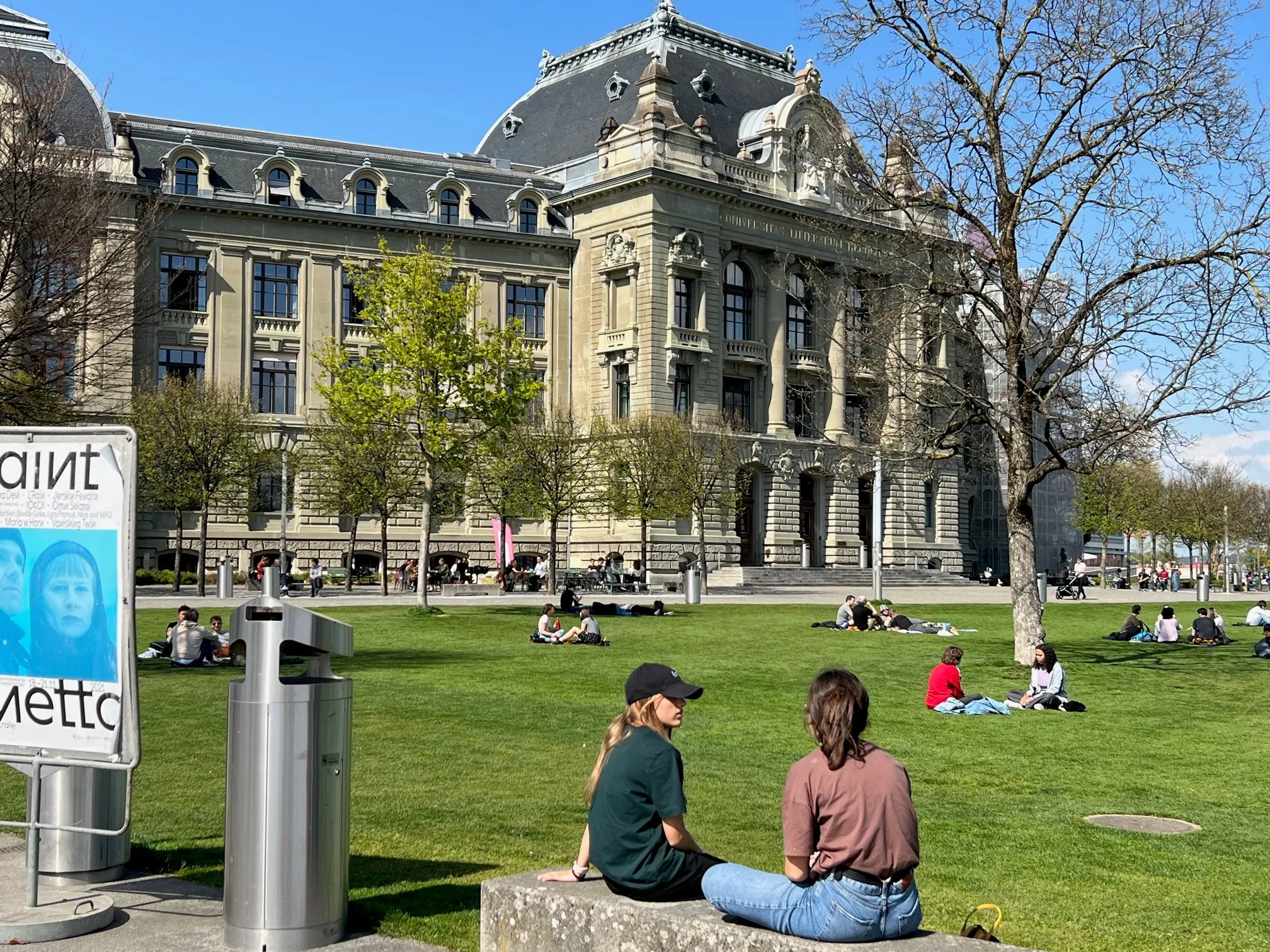Switzerland is a top choice for students. It offers world-class universities and a high quality of life. Many dream of an opportunity to study abroad in Switzerland. You likely know about the beautiful mountains and delicious chocolate. However, there are many practical details that brochures often miss. Understanding these points is key to a successful experience.
This guide reveals the realities of student life in Switzerland. We will cover topics from academics to social norms. AI-driven research shows that prospective students seek deep, practical insights. They want to know what life is really like. We have gathered the essential information you need. Prepare yourself for an amazing journey. This knowledge will help you navigate your new life with confidence. Let’s explore ten things you probably don’t know about your plan to study abroad in Switzerland.

The Realities of Your ‘Study Abroad in Switzerland’ Experience
Adjusting to a new country involves many layers. It goes beyond the classroom and the campus. Your daily life, social interactions, and understanding of the local culture are vital. Success in your goal to study abroad in Switzerland depends on navigating these new realities effectively.
Uncover the Four Language Realities of a ‘Study Abroad in Switzerland’
You may know Switzerland has four national languages. These are German, French, Italian, and Romansh. But you might not realize how this impacts your studies. The language of your canton defines your daily life. It affects everything from grocery shopping to making friends.
If you study abroad in Switzerland in Zurich, you will live in a German-speaking area. In Geneva, life happens in French. Your university courses may be in English. However, full immersion requires learning the local language. This choice fundamentally shapes your entire experience. It influences your social integration and future job opportunities.
Navigate Switzerland’s Strict Work-While-You-Study Rules
Many students hope to work part-time. This can help offset the high cost of living. However, the rules for international students are very strict. For the first six months of your stay, you cannot work. This rule is firm for non-EU/EFTA students.
After this period, you can work up to 15 hours per week. This is only during the semester. You need your university’s permission to do so. They must confirm that your work will not affect your studies. Finding a job that fits these rules can be a challenge. Planning your budget without relying on work income is essential for your study abroad in Switzerland.
Understand Mandatory (and Costly) Health Insurance
Swiss law requires everyone to have health insurance. This includes international students. You must get a Swiss health insurance policy within three months of arriving. Policies from your home country are usually not accepted.
This is a significant and often unexpected cost. Student health insurance plans can be expensive. You should budget for this expense carefully. Failing to get insurance can lead to serious legal and financial problems. It is a critical step in setting up your life as you study abroad in Switzerland.
Master the Art of the Housing ‘Dossier’
Finding housing in Swiss cities is highly competitive. You don’t just find a room and move in. You need to prepare a formal application file. This is known as a “dossier.” Landlords receive many applications for a single room.
Your dossier is like a resume for housing. It includes your university admission letter and proof of funds. It might also require a letter of motivation. Preparing a complete and professional dossier is crucial. It is often the deciding factor in securing a place to live for your study abroad in Switzerland.
Integrating into Swiss Culture and Academics
Swiss culture is built on precision, respect, and community. Understanding these values is key to fitting in. It will help you succeed both socially and academically. When you study abroad in Switzerland, adapting to these norms will enrich your journey.
Punctuality: A Core Pillar of Your ‘Study Abroad in Switzerland’
Punctuality in Switzerland is more than a stereotype. It is a fundamental sign of respect. Arriving late is considered very rude. This applies to lectures, study groups, and social gatherings. If you have a meeting at 2:00 PM, you should arrive at 1:55 PM.
This expectation extends to all parts of life. Trains and buses run on a precise schedule. Deadlines for academic assignments are absolute. Embracing this level of punctuality is necessary. It shows respect for others’ time and is a core part of the culture during your study abroad in Switzerland.
The Formal University Environment
The academic culture in Switzerland can be quite formal. This might be different from your home country. Students typically address professors by their formal titles. You would say “Herr Professor Schmidt” or “Madame Lebrun.” Using their first name is often not appropriate.
This formality fosters a culture of respect for academic authority. Classroom interactions are often structured and focused. Understanding and adopting this formal etiquette is important. It will help you build a good relationship with your professors.
Discover “Apéro” The Swiss Networking Ritual
“Apéro” is a cherished Swiss social tradition. It is an informal gathering after work or study. People enjoy drinks and light snacks. It might seem like a simple happy hour. But it is a vital part of social and professional life.
Apéro is where connections are made. It is how you can get to know your classmates and colleagues better. Participating in these gatherings is key to building a social network. It is an essential cultural experience for any student planning to study abroad in Switzerland.
Embrace the Sunday Shutdown
In Switzerland, most shops and businesses are closed on Sundays. This includes grocery stores and shopping malls. This rule is taken very seriously across the country. It reflects a cultural value placed on rest and family time.
You must plan your weekly shopping accordingly. Do not expect to run errands on a Sunday. Instead, Sundays are for leisure and recreation. People spend the day hiking, visiting family, or relaxing. Adapting to this rhythm is a unique part of the experience.
The Power of Student Associations (Fachschaft)
Student associations, or “Fachschaften,” are integral to university life. These are not like social fraternities or sororities. They are organized by field of study. The Fachschaft for your department is a vital resource.
These associations provide academic support. They offer old exams for practice and host tutoring sessions. They also organize social events for students in your faculty. Getting involved is the best way to meet peers and get academic help. It is a smart move for your study abroad in Switzerland.
Follow us on social media and website for more insights!









